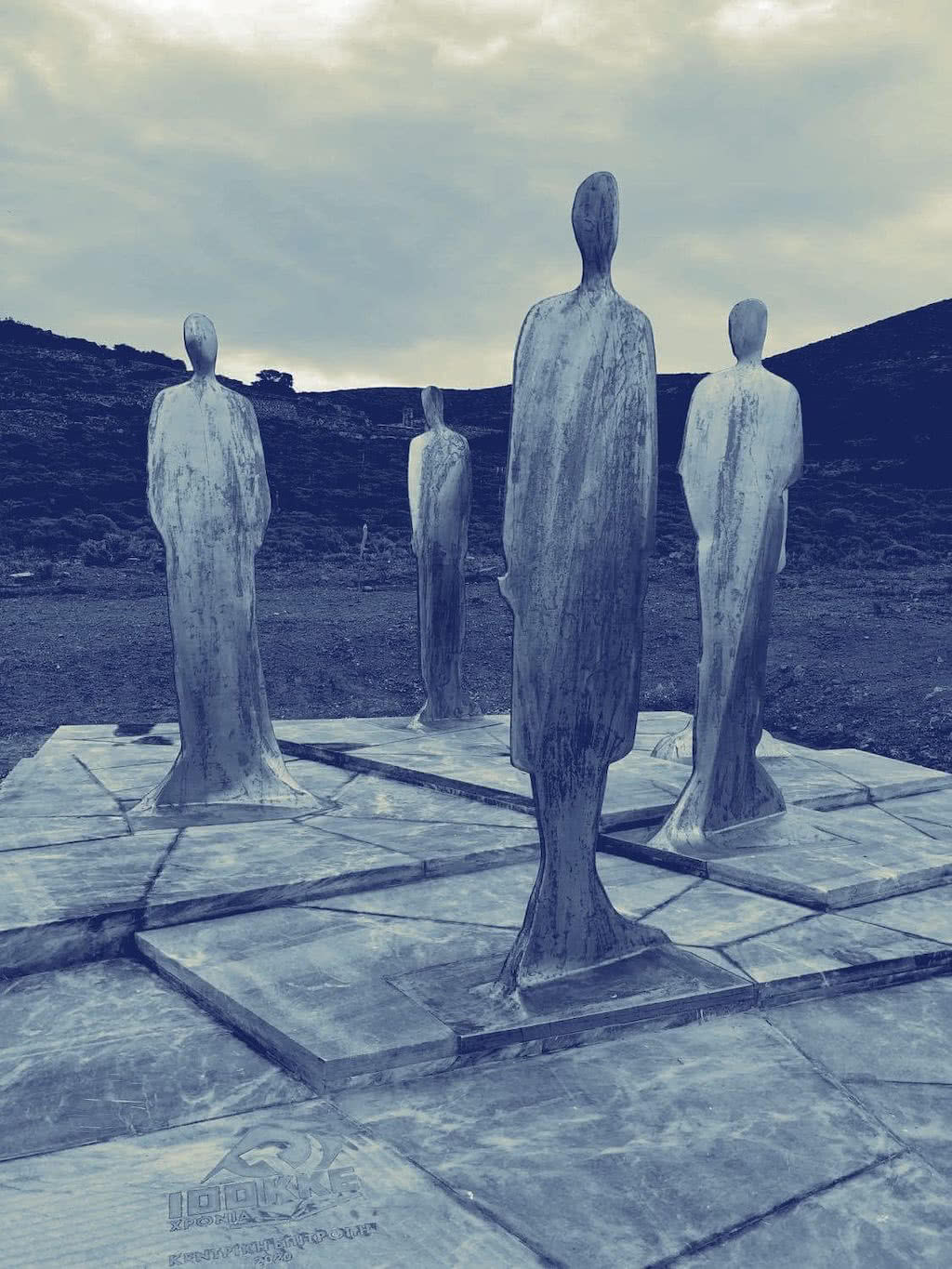EXILE

Exile as a practice has been used for millennia by societies and ruling regimes against political dissidents and criminals. Throughout the 20thCentury, the displacement and expulsion of peoples across the globe reached unparalleled numbers in comparison to previous chapters of human history. Due to the extremity and persistence of these migratory events on both an international and domestic level, the vernacular surrounding this subject has changed and evolved.
Exile characteristics
Excluding the metaphorical concept of exile, which has become ever prevalent within literature of the past century, exile is fundamentally a physical or geographical separation of an individual from their native society by a coercive force. Exile, when enacted as a punitive measure by a legal authority is reserved for those who count and thus it is the political dissenter or criminal who is more often than not the recipient of this punishment, and they are persecuted rather than prosecuted by authority in this respect. Exile and banishment within ancient Greece and Rome were considered to be the one of the worst forms of punishment, due to the loss of freedom it entailed.
Within the scope of the modern conception of exile, there has been some consideration that individuals labelled as refugees may also be classed as exiles, because they felt compelled to flee due to their current political situation.
Internal Exile
Exile, more often than not, relegates the individual to a predetermined location, either internationally or within the borders of the country (internal). Due to its public nature and the impact that it has upon the international stage, the process of international exile appears to garner a greater deal of attention than to those who are exiled internally. Coastal nations across the world have often utilised nearby islands for the incarceration or disposal of political exiles. Coiba Island (Panama), Robben Island (South Africa), and Hachijo Island (Japan) are just a few examples which exemplify the widespread use of internal island exile for political dissidents internationally. However, it is the Eastern Mediterranean (including the Ionian, Aegean and Adriatic Seas), which has seen some of the fiercest and most consistent use of local islands for the sequestering of political criminals.
A Brief History of Mediterranean Exile
The initial instances of the deportation of political criminals to islands within the Mediterranean can be dated back to the end of the 1st century BC, when the Roman empire was under the control of the emperor Augustus. Over the course of the Early Empire, it has been recorded that there were 150 exiles mentioned, albeit that not all of these cases were subjected to island exile. The Pontine islands off the coast of Italy, as well as a great number of the Cycladic islands in the Aegean Sea were utilised most commonly for this purpose.
The favourability of the use of the Cycladic islands can at least be explained by the topography of these locations and their perceptions of inaccessibility and insularity. Despite this fact, and the conditions of exile itself, some concern over the welfare of the exiled was provided in various instances. One example of this was the ability of the individual to take with them up to 500,000 sesterces and continue to own slaves. On two occasions it is reported that Tiberius saved individuals from being sentenced to Gyaros due to its extremely inhospitable conditions, in both cases the individuals were sent to other Cycladic islands which were less harsh.
In their 20th Century incarnations, such luxury and forethought was not awarded to political prisoners sent to exile on the Aegean islands by the Greek government. On the other hand, the individuals exiled to the Pontine islands during the Imperial period were commonly members of the imperial household. These exiles experienced far different treatment to the aristocrats who were sentenced to the Cyclades, as they were kept under close watch and inflicted with poverty and misery.
By the 20th century, there had been various examples of exiling individuals from their native country, which backfired or led to serious concern for the state authority. The escape of Emilio Lussu from Lipari, who subsequently became involved in the Spanish Civil War against the Nationalist Franco regime is just one example of the consequences of providing political criminals with the freedom of movement outside of the country.
The fear of left wing politics after the Bolshevik revolution became apparent through the outlawing of pro-Bolshevik parties throughout Europe during the 1920’s and 1930’s, as well as the tightening of social and legal restrictions on political crime. The First World War had undeniably created a heavy burden on all parties involved and the ethnic, economic and social impact clearly fed into rhetorics of both the left and right of the political spectrum. There was a necessity for each country to look inwards and repair the damage done, however politics had become noisy and turbulent in the streets and factories.Therefore, by sequestering these political dissidents within the borders of the country, but in difficult to access, isolated, highly monitored locations, it can be argued that the spectre of a Communist uprising could be mitigated, both from outside of the country and the inside.